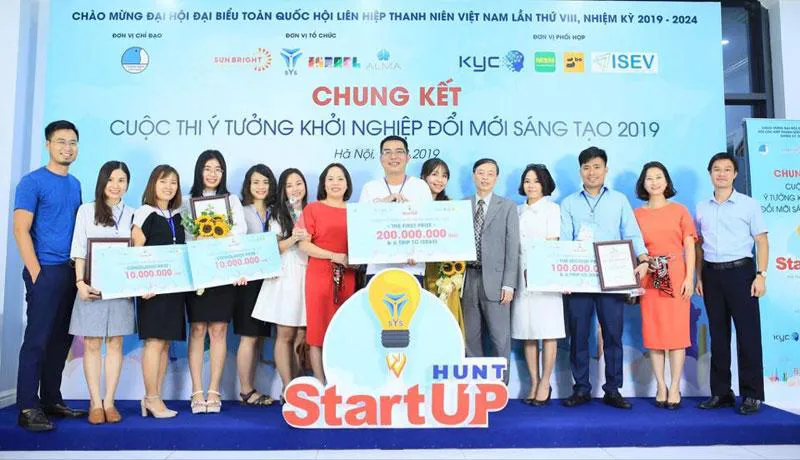Vietnam lays groundwork to build Asia’s next startup unicorns: ADB
The Vietnamese Government recognizes that tech startups are the new engines of growth for the country.
Asia and the Pacific’s next tech startup “unicorn” may spring from Viet Nam, as the groundwork to build a strong ecosystem capable of supporting these businesses is well underway, according to a new report by the Asian Development Bank (ADB).
| A startup competition in Vietnam. Photo: Hoang Anh |
The Vietnamese Government’s long-term objective for the sector is to attract knowledge, organizations, individuals, and entrepreneurs to contribute to economic development and participate in creating successful startups, according to ADB’s report, Vietnam’s Ecosystem for Technology Startups, which looks at the progress of startups in the Southeast Asian country.
An example of government support is Project 844, which aims to develop up to 600 enterprises by 2025 and 100 of which will have collectively raised at least VND2 trillion ($85.44 million). This is supported by the National Technology Innovation Fund and by two new projects called “Supporting Students in Starting a Business up to 2025” and “Supporting Women’s Startups from 2017 to 2025.”
“The Vietnamese Government recognizes that tech startups are the new engines of growth for the country,” said ADB Economist Aimee Hampel-Milagrosa, one of the report’s lead authors. “To facilitate this, it has started to put together key ingredients, such as financial and policy incentives, to create and build the next generation of Vietnamese startup unicorns.”
In 2021, the top five startup sectors that received the largest funding were financial technology, or “fintech” (26.6%); e-commerce (20.3%); educational technology, or “edtech” (17.2%); health technology, or “healthtech” (7.8%); and software as a service (6.3%). The report looks at healthtech and agriculture technology, or “agritech,” because these two have a high social impact and potential to contribute to more inclusive and sustainable development.
While financing was found to be a common constraint to the growth of startups, angel investors and venture capitalists were found to be eager to invest. Another obstacle to growth is insufficient human capital. However, universities and research institutes in Vietnam are working with provincial authorities and central ministries to establish units to support startups. They are also organizing startup events for students to promote the culture of entrepreneurship among young people.












